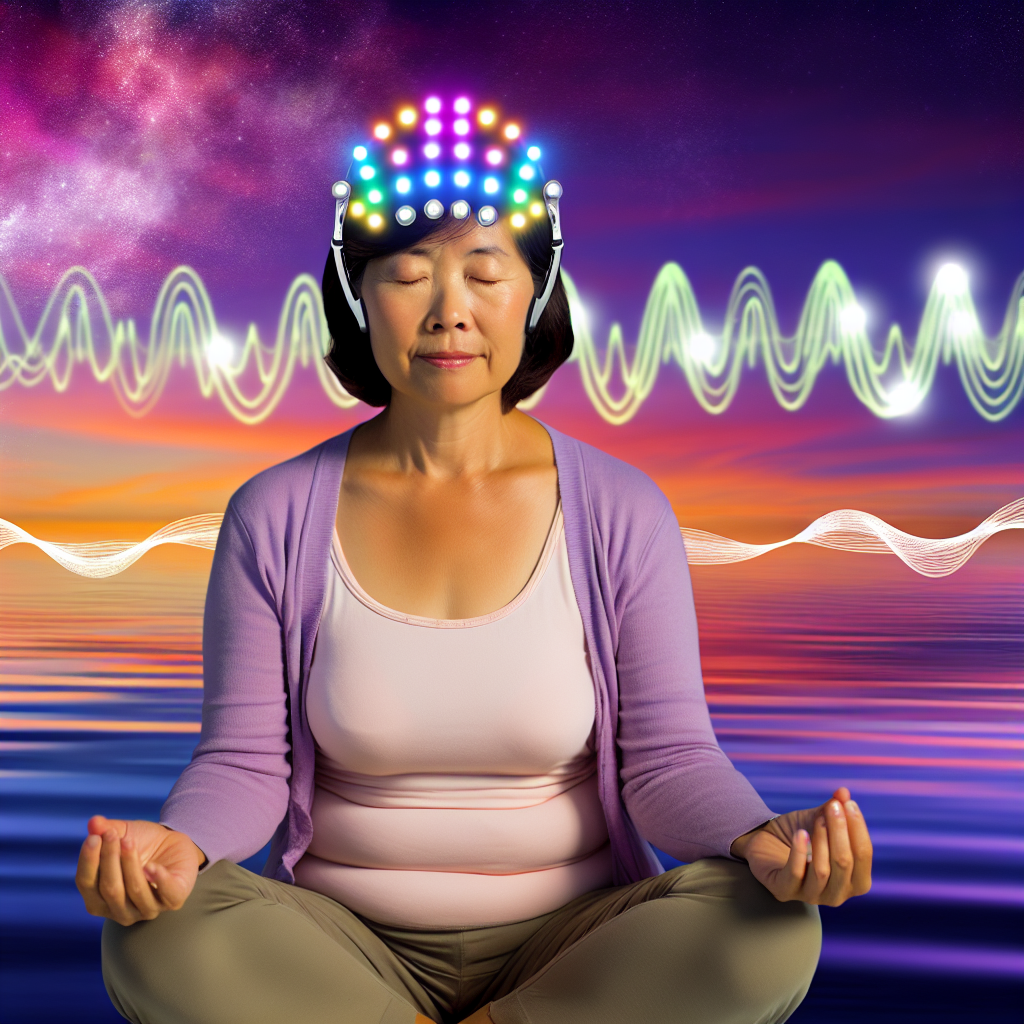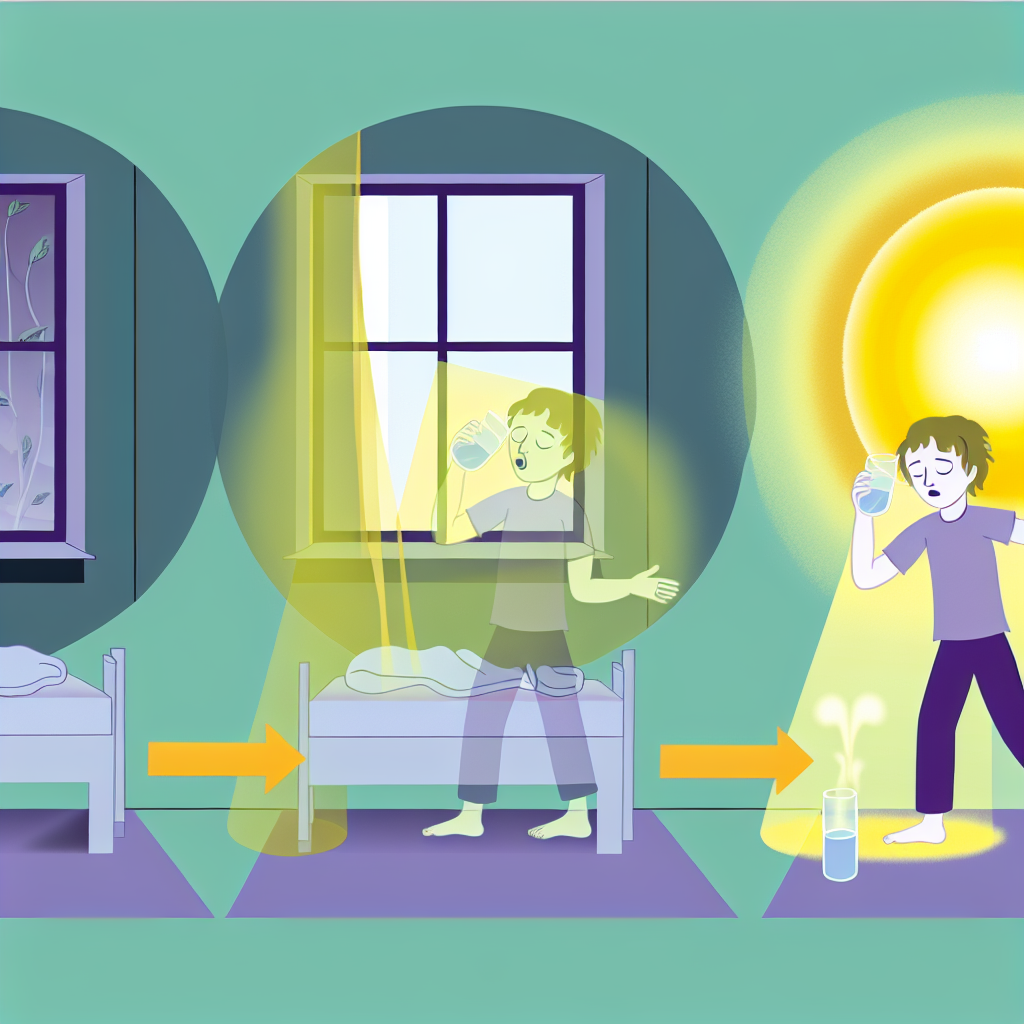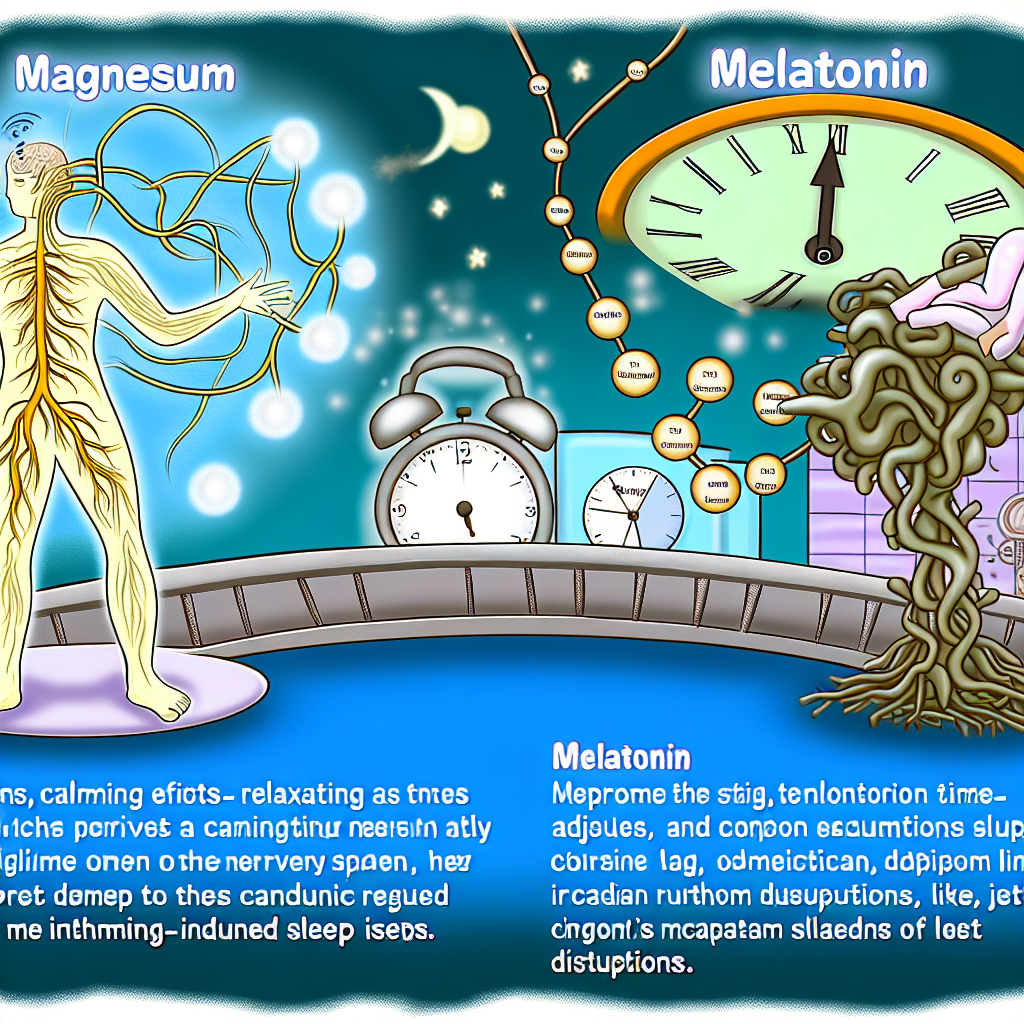Unlock Deep Sleep Naturally with Neurofeedback Meditation Systems: Premium Brain-Training for Pre-Sleep States
Discover the revolutionary technology redefining how we relax, recharge, and prepare the brain for restful sleep.
✨ Welcome to the Future of Sleep: Why Pre-Sleep Brain Training Matters
In today’s fast-paced world, quality sleep has become a rare luxury. Digital distractions, chronic stress, and mental overstimulation leave both adults and children struggling to wind down at night. As holistic practice rises in popularity, neurofeedback meditation systems stand out as a breakthrough innovation for strengthening sleep readiness and promoting mental wellness. These state-of-the-art tools blend neuroscience with mindfulness to help users enter calm, restorative states before bedtime.
Neurofeedback, a form of biofeedback, enables users to monitor and consciously train their brainwave activity using real-time feedback—typically via EEG (electroencephalography) readings. With consistent training, users can learn to lower mental chatter, reduce cortisol levels, and foster brainwave patterns optimal for deep sleep. This builds a new way forward in natural sleep enhancement, particularly for those who want to avoid medication or invasive treatments.
🧠 How Neurofeedback Meditation Systems Work: Training the Brain for Peaceful Sleep
Unlike generic relaxation techniques, neurofeedback meditation systems are personalized to reflect your unique brain pattern. Using sleek wearable headbands or EEG caps, the system detects and tracks real-time brainwave activity. This information is sent to an app that interprets the data, producing audio or visual feedback—such as calming tones or nature sounds—to guide your brain into a more relaxed state.
Over time, this brain training enables users to self-induce the ideal neurological conditions for sleep, targeting issues from anxiety and insomnia to circadian rhythm disruptions. For children with ADHD or sensory sensitivities, neurofeedback offers a gentle, engaging alternative to pharmaceuticals and reinforces healthy bedtime patterns naturally.
🔬 Backed by Science: The Research Behind Neurofeedback for Sleep
Scientific research increasingly supports neurofeedback as a valid and effective enhancement for sleep health. A 2011 study in the Journal of Neurotherapy found sensorimotor rhythm (SMR) neurofeedback significantly improved sleep quality and helped patients fall asleep faster by promoting cerebral relaxation.
A 2018 study in the Applied Psychophysiology and Biofeedback Journal enhanced these findings by integrating mindfulness meditation. This combined approach improved regulation of alpha and theta waves—linked with calming, hypnagogic states—and significantly reduced stress and anxiety levels, paving the way for more peaceful sleep onset.
Commercial products like Muse, NeuroSky, and BrainTap deliver this experience directly to your home. Each uses real-time EEG monitoring and app-guided feedback loops tailored to relaxation. Audio guidance adapts live to your brain’s activity so your nervous system learns to regulate and ease into a rest-ready mode consistently.
🌙 Helping Children, Adults & Shift Workers: Who Benefits Most?
Perhaps the most exciting aspect of neurofeedback meditation is its versatility. Systems have been shown to benefit individuals across all age groups and needs:
- 👶 Children with ADHD, autism, or sensory sleep challenges
- 💼 Professionals dealing with stress-related insomnia or burnout
- ⏰ Shift workers and individuals with disrupted circadian rhythms
- 🧓 Older populations seeking medication-free sleep support
A comprehensive 2016 meta-analysis published in Clinical EEG and Neuroscience found that neurofeedback produced moderate to strong improvements for children with ADHD by reducing the time it took to fall asleep. This supports its use as a powerful adjunct to behavioral sleep interventions—without the risk of medication side effects.
🌐 Rewiring the Mind, One Night at a Time: The Role of Neuroplasticity
Regular use of neurofeedback meditation systems harnesses the power of neuroplasticity—your brain’s ability to rewire itself. Just like learning an instrument or building muscle memory, repeated brain-training sessions reinforce calm, sleep-friendly neurological patterns. This results in deeper, more consistent rest and improved mental energy upon waking.
With cumulative impact, many users report:
- 🌌 Fewer nighttime awakenings
- 🛏️ Faster time falling asleep
- 🎯 Sharper focus and mood during the day
- 😌 Long-term reductions in anxiety symptoms
As clinical interest continues to grow, sleep specialists and mental health providers alike are integrating this technology into comprehensive treatment plans for insomnia, PTSD, and post-concussion syndrome. It’s an exciting development in non-invasive, evidence-based mental healthcare.
💡 Conclusion: Redefining the Pre-Sleep Ritual with High-Tech Calm
Neurofeedback meditation systems present a transformative new way to prepare the mind and body for sleep. By engaging the brain’s own electrical rhythms and combining them with guided mindfulness, these systems accelerate relaxation and unlock consistent, high-quality rest. They are personalized, medication-free, and backed by a growing foundation of clinical support.
Whether you’re a burnt-out executive, a parent navigating your child’s bedtime struggles, or simply someone seeking restorative, natural sleep, neurofeedback offers a premium pathway to nighttime harmony. It’s more than just a trend—it’s the next evolution in sleep wellness.
As awareness spreads and systems become more accessible, neurofeedback is poised to become a cornerstone in how we approach mental health, sleep, and self-care. Say goodbye to restless nights, and begin teaching your brain to rest—smarter.
📚 References
- Hammer, B. U., Colbert, A. P., Brown, K. A., & Ilioi, E. C. (2011). Neurofeedback for insomnia: A pilot study of Z-score SMR and individualized protocols. Journal of Neurotherapy. Read Study
- Pineda, J. A., Swickert, R. J., Palsson, O. S., & Hall, M. H. (2018). Mindfulness meditation and neurofeedback: Mechanisms and empirical support. Applied Psychophysiology and Biofeedback. Read Study
- Arns, M., de Ridder, S., Strehl, U., Breteler, M., & Coenen, A. (2016). Efficacy of neurofeedback treatment in ADHD: A meta-analysis. Clinical EEG and Neuroscience. Read Study
Concise Summary:
Neurofeedback meditation systems are a breakthrough technology that uses real-time brainwave monitoring and personalized feedback to help users enter a calm, relaxed state and prepare the brain for deep, restorative sleep. Backed by scientific research, these systems have been shown to benefit individuals across age groups, including children with ADHD, adults dealing with insomnia or stress, and shift workers with disrupted circadian rhythms. By harnessing the power of neuroplasticity, consistent use of neurofeedback meditation can lead to long-term improvements in sleep quality, focus, and anxiety reduction.

Dominic E. is a passionate filmmaker navigating the exciting intersection of art and science. By day, he delves into the complexities of the human body as a full-time medical writer, meticulously translating intricate medical concepts into accessible and engaging narratives. By night, he explores the boundless realm of cinematic storytelling, crafting narratives that evoke emotion and challenge perspectives.
Film Student and Full-time Medical Writer for ContentVendor.com




